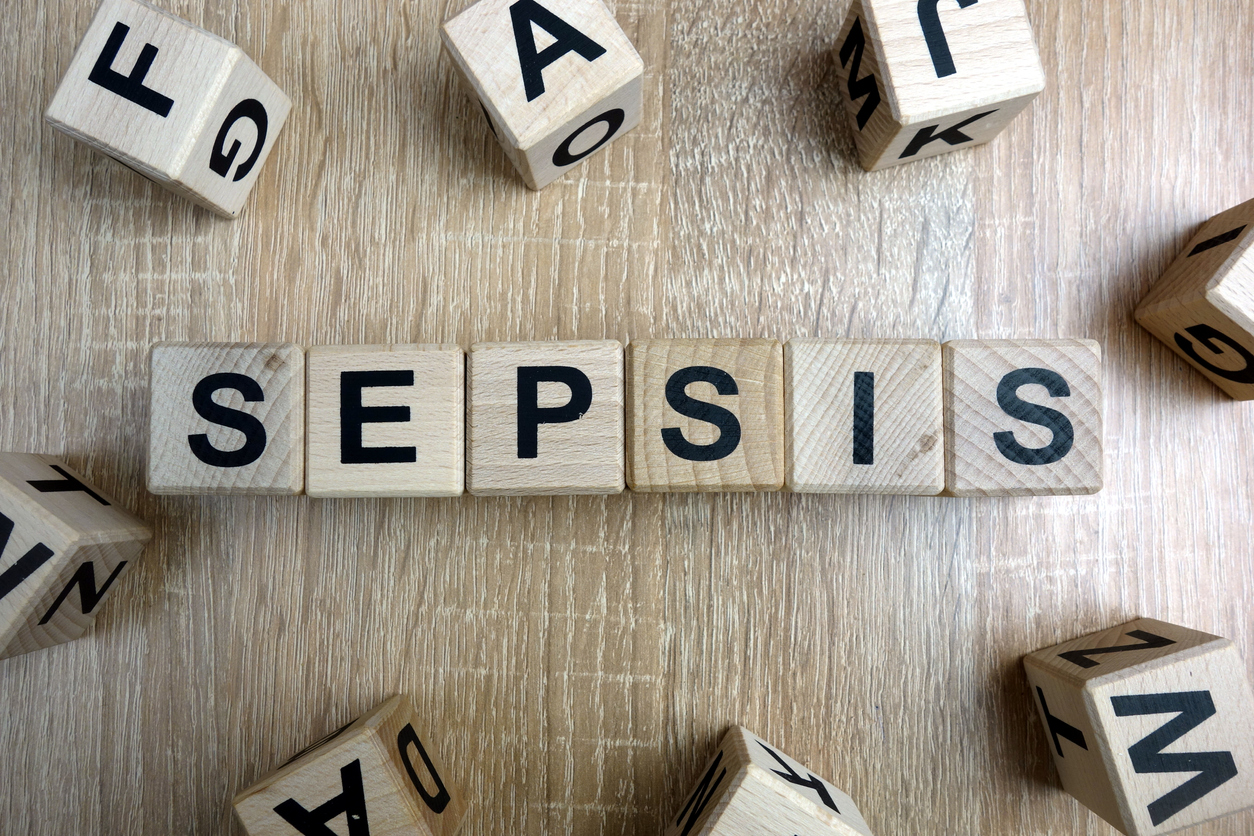2025-01-21
Vitamins for the Mood: The Hidden Role of B, C, and D!
Psychiatry
Depression and Seasonal Affective Disorder (SAD) are among the most
common and debilitating mood disorders, affecting millions of people worldwide.
Depression alone impacts approximately 280 million individuals, significantly
reducing quality of life, decreasing productivity, and increasing the risk of
comorbidities. SAD, on the other hand, is a specific type of depression that
occurs primarily during winter when exposure to natural light decreases,
causing symptoms such as low mood, persistent fatigue, and hypersomnia.
Read next: Winter Blues: Light Therapy in the Spotlight
Although these disorders are influenced by genetic, environmental, and psychological factors, they are also linked to nutritional deficiencies, particularly in micronutrients like vitamins B, C, and D. These vitamins play a crucial role in brain function by enabling neurotransmitter synthesis (serotonin and dopamine) and regulating inflammatory and oxidative processes. Deficiencies in these vitamins have been associated with worsening depressive symptoms and increased prevalence of SAD.
This study explores the role of water-soluble vitamins (B and C) and vitamin D in the prevention and treatment of depression and SAD.
Read next: Winter Blues: How Lifestyle Makes the Difference
The effectiveness of supplementation on depressive symptoms was measured at baseline and post-intervention using validated scales (Beck and Hamilton scales).
Vitamin B, particularly B12 and B9, proved effective in reducing depressive symptoms, especially among individuals with initial deficiencies. Regular supplementation improved mood and reduced mental fatigue. Vitamin C, with its antioxidant action and role in neurotransmitter synthesis, also demonstrated improvements in depressive scores, although the data remain limited.
Regarding vitamin D, the results were mixed. While some studies showed significant improvement in SAD symptoms following daily supplementation, others observed no major difference compared to the placebo. Variations in administered doses and intervention durations may explain these discrepancies. However, vitamin D remains associated with a reduced risk of depression in deficient individuals.
Vitamins B, C, and D play a key role in mood regulation, neurotransmitter synthesis, and oxidative stress management. This study aimed to evaluate their impact on depressive symptoms and SAD by comparing the effectiveness of their supplementation to a placebo. The results, while promising, indicate symptom improvements, particularly among individuals with initial deficiencies.
However, the study has limitations, including small sample sizes, heterogeneous protocols (doses, durations), and inconsistent results across trials. These factors limit the generalizability of the findings and highlight the need for more rigorous research.
In the future, large-scale studies with standardized methodologies and long-term follow-up are essential to clarify mechanisms of action and establish precise recommendations. Incorporating these micronutrients into nutritional strategies could provide affordable and accessible solutions, contributing to improved global mental health management.
Read next: Winter Blues: Light Therapy in the Spotlight
Although these disorders are influenced by genetic, environmental, and psychological factors, they are also linked to nutritional deficiencies, particularly in micronutrients like vitamins B, C, and D. These vitamins play a crucial role in brain function by enabling neurotransmitter synthesis (serotonin and dopamine) and regulating inflammatory and oxidative processes. Deficiencies in these vitamins have been associated with worsening depressive symptoms and increased prevalence of SAD.
This study explores the role of water-soluble vitamins (B and C) and vitamin D in the prevention and treatment of depression and SAD.
Read next: Winter Blues: How Lifestyle Makes the Difference
Can Vitamins Boost Mood?
In this study, adults suffering from depression or SAD were randomly divided into two groups:- A group receiving vitamin supplementation (B, C, and D);
- A placebo group.
The effectiveness of supplementation on depressive symptoms was measured at baseline and post-intervention using validated scales (Beck and Hamilton scales).
Vitamin B, particularly B12 and B9, proved effective in reducing depressive symptoms, especially among individuals with initial deficiencies. Regular supplementation improved mood and reduced mental fatigue. Vitamin C, with its antioxidant action and role in neurotransmitter synthesis, also demonstrated improvements in depressive scores, although the data remain limited.
Regarding vitamin D, the results were mixed. While some studies showed significant improvement in SAD symptoms following daily supplementation, others observed no major difference compared to the placebo. Variations in administered doses and intervention durations may explain these discrepancies. However, vitamin D remains associated with a reduced risk of depression in deficient individuals.
Vitamins to Brighten the Mood?
Depression and SAD are common and debilitating mood disorders linked to biological and nutritional imbalances. Although they affect millions of people, their management remains complex, particularly due to the variability in responses to conventional treatments.Vitamins B, C, and D play a key role in mood regulation, neurotransmitter synthesis, and oxidative stress management. This study aimed to evaluate their impact on depressive symptoms and SAD by comparing the effectiveness of their supplementation to a placebo. The results, while promising, indicate symptom improvements, particularly among individuals with initial deficiencies.
However, the study has limitations, including small sample sizes, heterogeneous protocols (doses, durations), and inconsistent results across trials. These factors limit the generalizability of the findings and highlight the need for more rigorous research.
In the future, large-scale studies with standardized methodologies and long-term follow-up are essential to clarify mechanisms of action and establish precise recommendations. Incorporating these micronutrients into nutritional strategies could provide affordable and accessible solutions, contributing to improved global mental health management.

Last press reviews
Sepsis & homocysteine: a biomarker under influence?

#Sepsis #Homocysteine #Biomarker #Mortality #PersonalizedMedicine #Inte...

